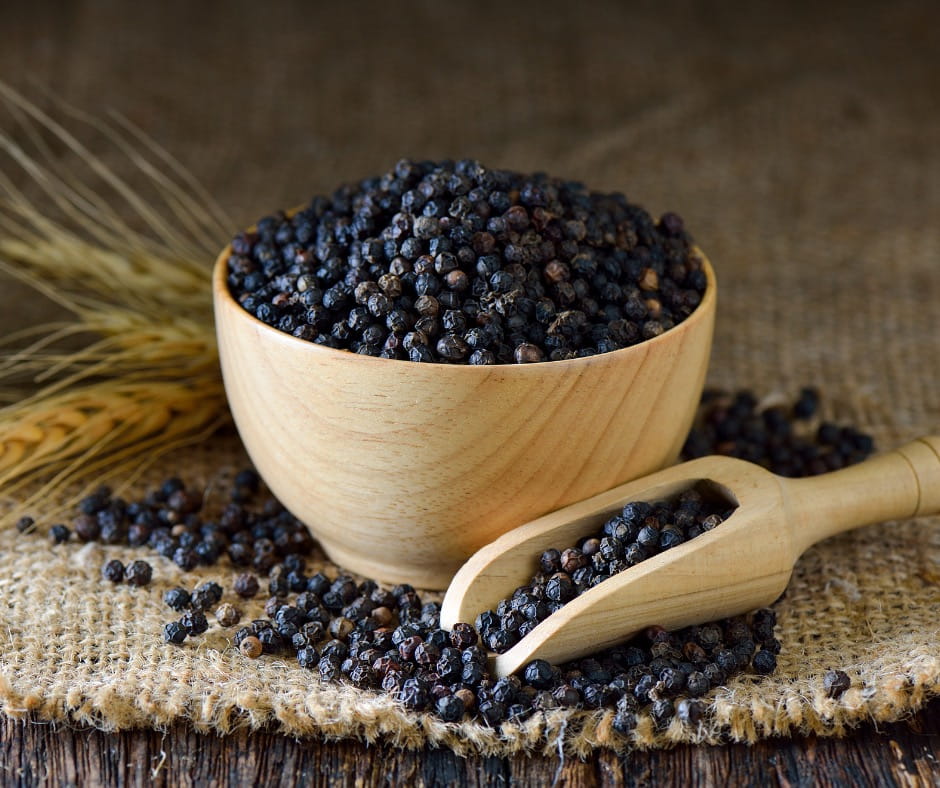November, 2024
Nutrition Education in Primary Care: Comparing Video vs Handout InterventionsA randomized, controlled trial to assess short-term black pepper consumption on 24-hour energy expenditure and substrate utilization
Annalouise O’Connor, Karen D. Corbin, David C. Nieman, Andrew G. Swick

Objective
The aim of this study was to examine the impact of black pepper on 24-hour energy expenditure (EE), respiratory quotient, and biochemical markers of metabolism and satiety in a randomized, controlled, cross-over study among post-menopausal women.
Methods
This was a randomized, controlled, cross-over trial of black pepper (1.5g/day) versus no
pepper control (NPC). The study consisted of two 24-hour periods in the metabolic chamber at the University of North Carolina Chapel Hill Nutrition Research Institute (UNC NRI), each one week apart. Primary outcome measures: differences in 24-hour EE and substrate utilization (indicated by respiratory quotient (RQ)). Secondary outcome
measures: changes in postprandial (30 minutes after lunch) gut peptides (gastric inhibitory
polypeptide (GIP), glucagon-like peptide 1 (GLP-1), peptide tyrosine tyrosine (PYY), pancreatic polypeptide (PP), ghrelin) and other relevant biomarkers (insulin, leptin, amylin, adrenaline, noradrenaline, dopamine).
Results
Energy expenditure, respiratory quotient, and biochemical markers assessed did not differ significantly between the black pepper and no pepper control study days.
Conclusions
These findings do not support a role for black pepper in modulating energy expenditure in overweight postmenopausal women. Future work targeting alternative populations, administering black pepper in the fasted state, or in combination with other spices, may reveal the thermogenic effect of this spice.
Reference
O’Connor, A, Corbin, KD, Nieman, DC, Swick, AG. A randomized, controlled trial to assess short-term black pepper consumption on 24-hour energy expenditure and substrate utilization. Functional Foods in Health and Disease. 3(10): 377-388. 2013.






